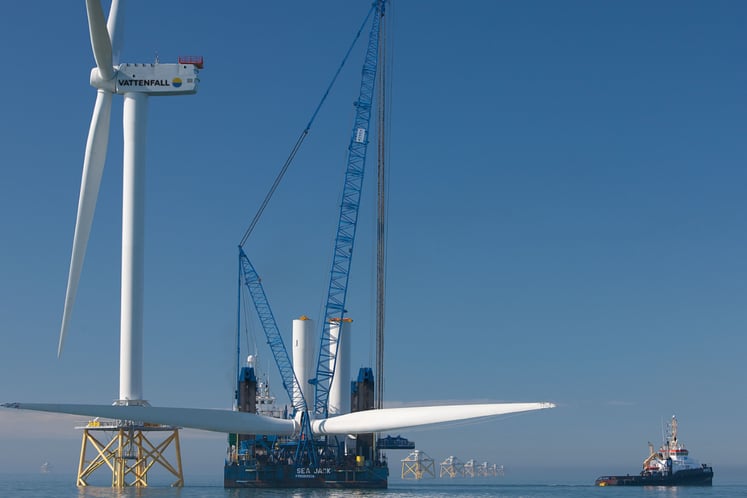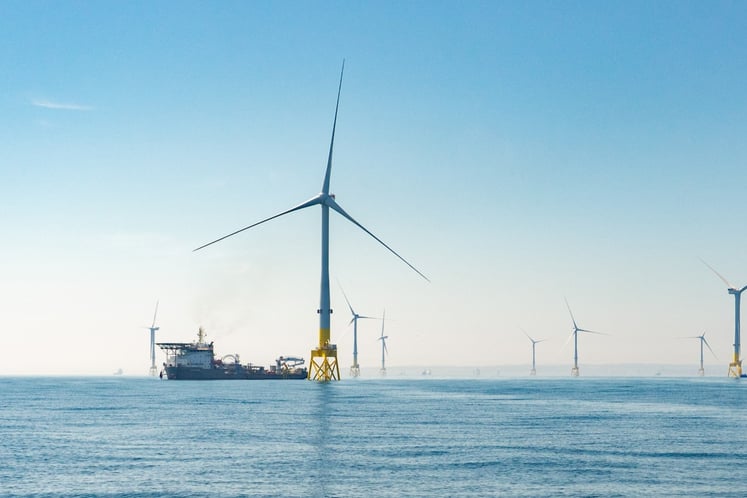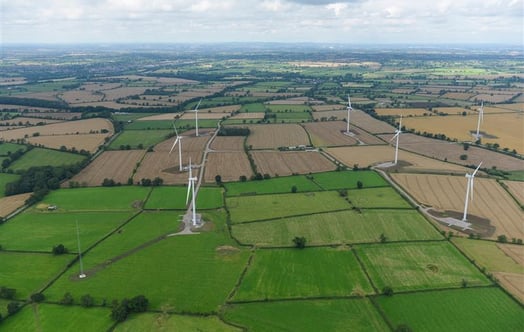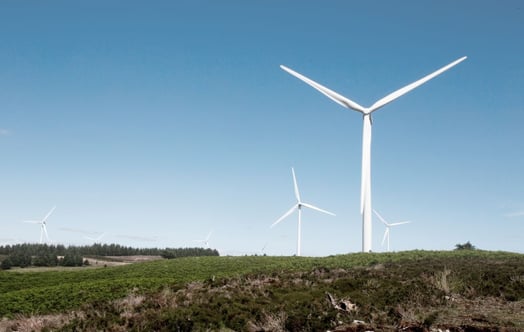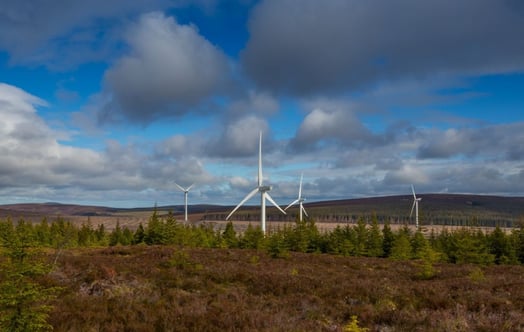
Vattenfall spells out how more businesses can be offshore wind winners in new report
More businesses can supply new generation offshore wind projects if procurement is approached differently, Swedish energy group Vattenfall states.
Read and share Vattenfall's report
Key messages to the industry and government have been shaped by feedback from more than 580 companies that took part in over 20 Vattenfall events during planning for its 3.6GW Norfolk Vanguard and Norfolk Boreas developments off the east coast.
The Norfolk Vanguard and Norfolk Boreas Offshore Wind Supply Chain: Opportunities and Expectations Workshop Report ‘wish list’ published today is aimed at bringing more businesses into the offshore wind supply chain to help the industry achieve 60% UK content by 2030.
The 67-page report calls for:
- Longer term planning for projects
- More transparency and a better understanding across the supply chain of how the sector works
- Earlier engagement to support businesses prepare for winning tenders.
Video player requires marketing cookies.
To view this content please click here to allow marketing cookies.
A supply chain podcast - listen to this podcast to find out more about the work already being done by Vattenfall to engage with businesses in the East Anglia region.
Listening to supply chain feedback about how the system could work better for them, Vattenfall has already promised to share information early about potential opportunities, its contract strategy, be clear about its terms and conditions and facilitate sector-wide collaboration.
It hopes other developers will follow and work together in an environment conducive to long-term investment planning and investment.
The report will now to be shared across government, developers, Tier 1 and 2 companies and the rest of the supply chain.
Rob Lilly, Vattenfall’s supply chain manager, said: “Our interaction with the supply chain has demonstrated the collective desire to deliver innovative, efficient, sustainable advances in technology for the next generation of renewable energy generating projects, while also contributing to the goals of the Offshore Wind Sector Deal, UK industrial strategy and clean growth.”
“The over-riding message from established and potential supply chain companies is that they would benefit from longer term planning and better understanding of how the sector works as a whole.”
To achieve the Offshore Wind Sector Deal target of 60% UK content by 2030, “top down bottom up” commitment and action was needed across the sector, the report states.
This would need developers to engage earlier and better with a collaborative and more ‘joined-up’ supply chain.
Vattenfall is hoping for consent in June and November to build the Norfolk Vanguard and Norfolk Boreas projects, which together will power 3.9 m homes. It has worked extensively with supply chain companies in a series of workshops and Meet the Buyer sessions in Norfolk, and Kent for its Thanet Extension project, since 2018.
To create the wish list’ for the report, it brought together more than 60 businesses at Lowestoft last November, introducing Tier 1 companies to small and medium-sized businesses in the East Anglia cluster to learn about their capabilities, and Tier 2s and SMEs to understand how Tier 1s operate.
Key issues for businesses wanting to work in the sector included the current project-by-project approach to procurement and construction rather than by portfolio or ‘bundling’ projects.
The current system meant “globally active Tier 1 companies are currently better able to manage the peaks and troughs of this system than more locally-based SMEs.”
SMEs said they were also disadvantaged in meeting Tier 1 expectations because engagement only happened after developers were awarded Contracts for Difference and final investment decisions had been taken.
More SMEs could win work if a more consistent supply chain workflow was achieved, moving away from the current ‘bid-award-construct’ model with peaks and troughs of activity, the report states.
Mr Lilly said: “We hope this report will encourage even more collaborative action from government, local bodies like Local Authorities and the New Anglia Local Economic Partnership, developers, Tier 1 and Tier 2 and SMEs.”
Key asks to the government in the report include a clear framework and plan for energy transition, encouragement and monitoring of local content, more support for UK companies working overseas, support for and clarity on rules for microbusinesses and SMEs and investment in skills.
Developers are asked to support and award framework agreements, earlier procurement engagement and decisions, develop standardised codes of practice and share skills needs and HSE requirements across markets.
Read and share Vattenfall's report
Video player requires marketing cookies.
To view this content please click here to allow marketing cookies.
A short summary film of the report

